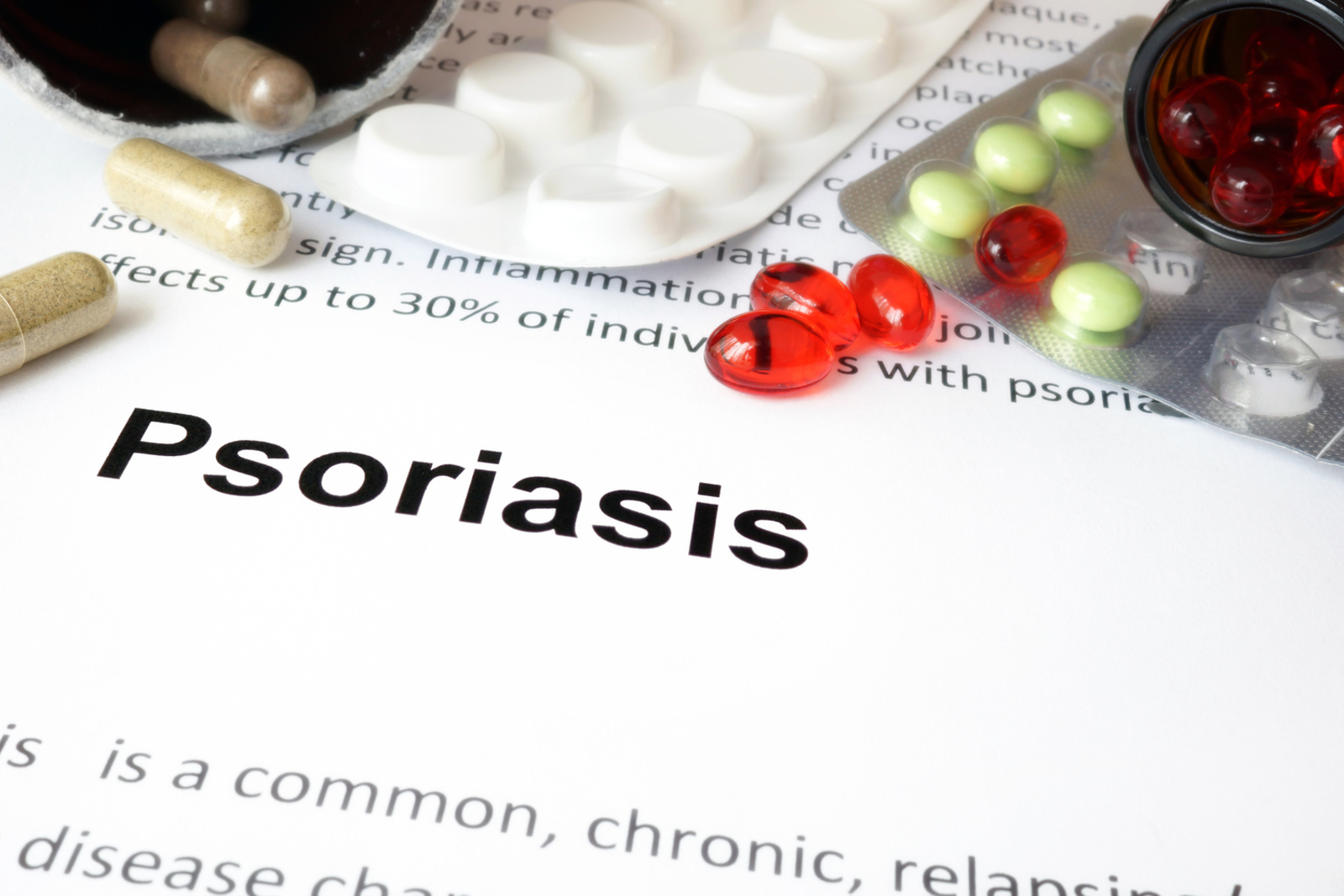
6 Health Conditions Linked to Psoriasis
Psoriasis is a chronic, inflammatory skin disease that affects the skin cells. It is estimated to affect 125 million people worldwide, with symptoms ranging from itchy and painful patches on the skin to nail changes and scalp buildup. Psoriasis is caused by an overactive immune system, which leads to increased inflammation and insulin response. This can also lead to other health issues like heart disease, depression, and arthritis. Patients with psoriasis may be more prone to developing the following health conditions due to these associated factors:
1. Chronic obstructive pulmonary disease (COPD)
COPD is a group of lung diseases that affect breathing and cause difficulty breathing. People with psoriasis are more likely to develop COPD due to the inflammation associated with the condition. Symptoms of COPD include breathlessness, coughing, and wheezing. Treatment for COPD includes medications such as bronchodilators, corticosteroids, oxygen therapy, and lifestyle changes.
2. Heart disease
Cardiovascular disease is a broad term used to describe various conditions affecting the heart. People with psoriasis are more likely to develop this disease due to the inflammation associated with the condition. This can increase the risk of stroke, heart attack, and other cardiovascular disease. Treatment for this disease typically includes lifestyle changes, such as quitting smoking, eating a healthy diet, and exercising regularly. Medications such as statins and beta-blockers may also be prescribed to help control cholesterol levels and reduce the risk of heart disease.
3. Lymphoma
It is a type of cancer that affects the lymphatic system. People with psoriasis are more likely to develop certain types of lymphoma, such as cutaneous T-cell lymphoma. Treatment for this disease typically includes chemotherapy, radiation therapy, and medications such as Rituximab, which targets cancer cells.
4. Polycystic ovarian syndrome (PCOS)
PCOS is a hormonal disorder that affects women of reproductive age. It is characterized by an imbalance in female hormones, which can lead to irregular menstrual cycles, cystic ovaries, weight gain, acne, and hirsutism. Female patients with psoriasis are more likely to develop PCOS due to the inflammation and insulin response associated with psoriasis. Treatment for PCOS typically includes lifestyle changes such as diet and exercise, medications such as birth control pills and Glucophage, and complementary therapies such as acupuncture. Certain medications for psoriasis may also help treat PCOS, such as Tremfya, Skyrizi, Stelara, Cosentyx, Xeljanx, and Otezla.
5. Psoriatic arthritis
It is a condition that causes inflammation and swelling in the joints. It is thought to be caused by genetic and environmental factors, but it is often associated with psoriasis. People with psoriasis are more likely to develop psoriatic arthritis, which can cause pain, swelling, and stiffness in the affected joints. Treatments for psoriatic arthritis include biologics and nonsteroidal anti-inflammatory drugs, physical therapy and lifestyle changes.
6. Depression
It is a serious mental health condition that can cause sadness, hopelessness, and low motivation. People with psoriasis are more likely to develop it due to the chronic nature of the condition and the impact it can have on self-esteem and quality of life. Treatment for depression typically includes medications, such as selective serotonin reuptake inhibitors, psychotherapy, and lifestyle changes. Additionally, mindfulness activities, such as yoga and meditation, can help to reduce stress and improve mood.
Patients with psoriasis may benefit from topical, systemic medications and light therapy. Topical medications include corticosteroids, vitamin D analogues, and retinoids. Systemic medications include biologics such as Tremfya, Skyrizi, Stelara, Cosentyx, Xeljanz, Otezla, Ilumya tildrakizumab, and gene therapy. Additionally, patients may benefit from lifestyle changes such as stress management, diet and exercise, and smoking cessation. Patients with psoriasis must manage their condition and be aware of their risk of developing other health conditions. Psoriasis is a chronic condition, and it is essential to be informed about potential treatments and lifestyle changes that can help manage the symptoms and reduce the risk of developing other conditions.


